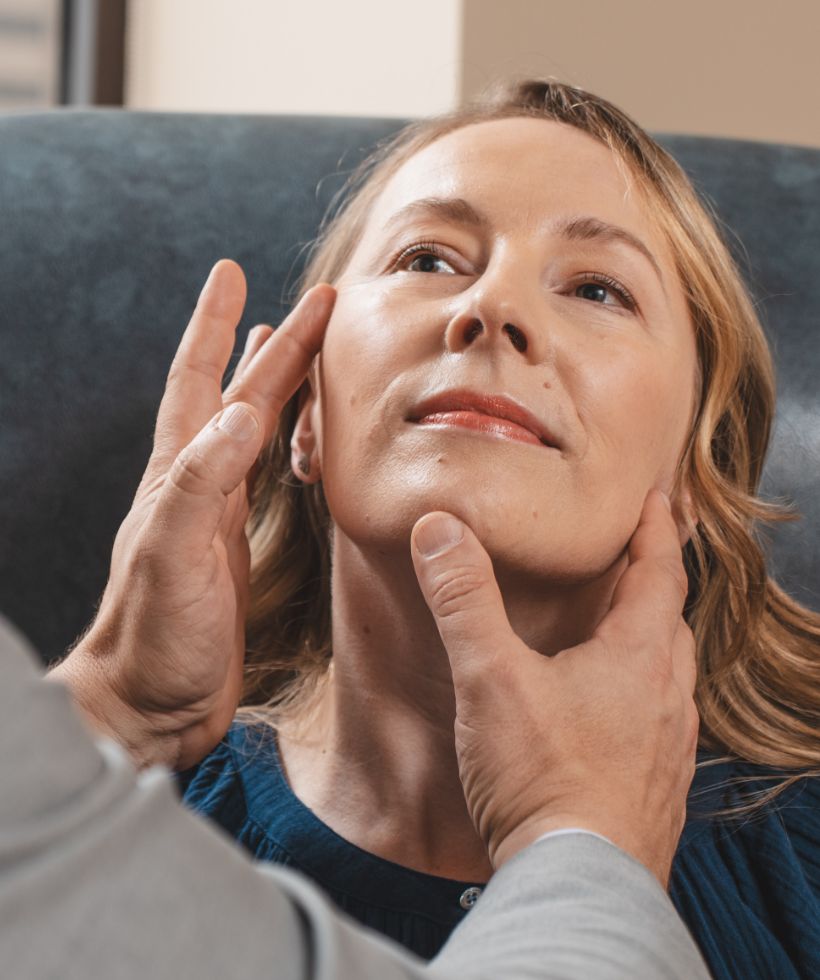General Considerations for All Elective Plastic Surgery Procedures
Although all plastic surgery procedures must be individualized to each patient, there are many general considerations that apply to all patients, regardless of the procedure performed. Below are several questions that I frequently find myself answering during consultations or in other discussions with patients.
Get In Touch
Who are the best candidates for elective plastic surgery procedures?
The best candidates for elective plastic surgery procedures generally:
- Are in excellent overall health with no chronic medical conditions. If they have chronic medical conditions (high blood pressure, diabetes, arthritis etc.) they are well controlled and vigilantly monitored by primary care physicians or medical specialists.
- Are at baseline weight. While 5-10 pound fluctuations are completely normal, larger weight fluctuations can negatively impact surgical results.
- Do not smoke, or consume nicotine in any form (patch, gum, vaping etc.). The negative effects of nicotine on wound healing are well described and any elective procedure should be delayed until a prospective patient is able to refrain from smoking for a minimum of 3 weeks before and after surgery.
- Can get adequate time off work for recovery. This required time varies from procedure to procedure, but few surgeries require less than 7-14 day recoveries during which strenuous activities are avoided.
- Have support (partner, spouse, friend) at home during the earliest phases of surgical recovery (1-5 days)
- Have realistic expectations of their surgical results. The degree of improvement one can expect from an elective plastic surgery procedure varies from patient-to-patient, and is largely dependent upon baseline factors (anatomy, weight, age, etc.).
How painful is an elective plastic surgery procedure?
Almost all surgical procedures will elicit some post-operative pain, the degree and duration of which varies greatly. Expect to have some pain or discomfort after surgery. Also expect that this pain or discomfort will be well managed with a mixture of oral post-operative pain medications and by following post-operative activity restrictions. Local anesthesia administered at the time of your operation also helps minimize immediate post-operative pain. Inflammation peaks roughly 72 hours after surgery. Pain may increase slightly over this period but should diminish everyday thereafter.
When will I see the results of my procedure?
Depending on the procedure performed, results should be immediately apparent once surgical dressings are removed. Swelling persists for many weeks to months following surgery, and final results may not be evident for at least 3-6 months following some procedures. In rare cases final results may not be evident until 1 year post-operatively.
How long will my results last?
Elective plastic surgery procedures do not stop the aging process, though they can be thought of as “resetting the clock”. The durability of a surgical result varies dramatically from patient-to-patient and is largely determined by individual factors such as anatomy, age, genetics etc. A patient in their 60s will have a less durable surgical result, in general, compared to someone in their 40s. This is likewise true for a patient in their 40s compared to someone in their 20s. The reason for this, in part, is due to the inherent elasticity of the skin which decreases as we age. In general, maintaining a healthy lifestyle and weight while protecting one’s skin from the sun and other damaging forces will maximize the durability of a surgical result.
Should I bring pictures of my desired result with me to my consultation?
Pictures of desired results may be very helpful in communicating your desires and setting expectations. Older pictures of oneself may also be very helpful in understanding how one’s anatomic features have changed with age.
What type of anesthesia will be used for the procedure?
In general, there are 3 types of anesthesia that are used for elective plastic surgery procedures:
General Anesthesia
General anesthesia induces a complete loss of consciousness. Patients feel no pain and have no awareness during the procedure. Local anesthesia is administered while you are asleep to numb the area being operated on and minimize post-operative pain. In general, procedures that require general anesthesia:
- Require more than 1.5-2 hours to complete
- Require positioning changes
- Require maximum protection of a patient’s airway during surgery
- Elicit too much discomfort and would not be tolerated without general anesthesia
Sedation
Sedation induces a state similar to deep sleep. Unlike general anesthesia, however, a breathing device is not required. Sedation is always accompanied by local anesthesia which numbs the area being operated on and minimizes immediate post-operative pain.
Local Anesthesia
Many, smaller procedures may be performed with local anesthesia only. You are completely awake and aware during the procedure but feel no pain as the surgical site is numbed prior to the procedure.
Where will my surgery happen?
All procedures are performed at our outpatient surgical center. All procedures except for some breast reconstruction procedures are performed on an outpatient basis, meaning you will go home the same day. All procedures, except for those being performed with local anesthesia only, will require that you have someone drive you home after surgery.
